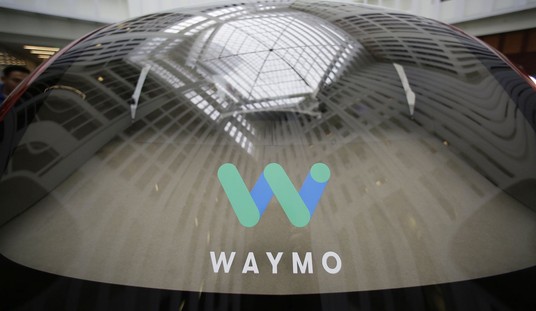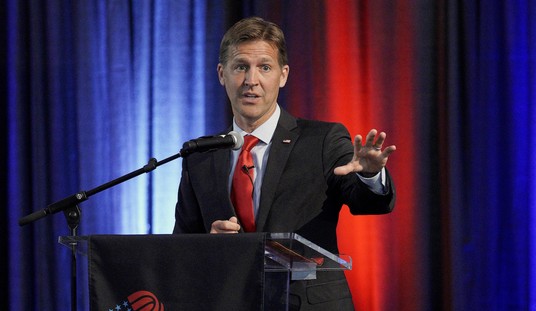… Great Britain, or “England” for Barack Obama’s benefit. Before we Yanks start crowing about any alleged superiority, though, pay attention to what Asia Times describes as its indicators for collapse. Sound familiar?
The UK leads the pack in terms of other G-8 countries in many ways. It was among the first to have a failed bank, Northern Rock collapsing just a few weeks after Germany’s IKB Deutsche and Saschen LB in the late summer of 2007 (see Rocking the land of Poppins, Asia Times Online, September 22, 2007) and the first economy to go into an actual recession in this cycle. Its central bank was the first to directly support banks’ interbank borrowings, the country was the first to aggressively cut rates and, lastly, it was the first country to go in for quantitative easing (QE). …
In comparison, what is going on with the UK appears downright Marxist. Consider the following:
- The government requires its major banks to highlight their lending to troubled sectors such as commercial property but mainly with a view to showing greater willingness to lend.
- Cutting lines to any industrial activity such as making cars now appears forbidden for the legion of government-controlled banks.
- Banks are expected to show “understanding” in dealing with the problems of excessively leveraged customers.
- Pension funds are being forced to buy and hold greater amounts of UK corporate bonds than at any other point in their history.
Let’s see … banks being forced to show “understanding”, such as being told to write off all of Chrysler’s debt for nothing? Check. Floating private sector enterprises with government bonds, a la TARP? Check. Forcing banks to take TARP money and then attempting to control their lending policies and blocking the repayment of the TARP loans? Check.
And there’s more:
How does it choose to counter the costs of bailing out: does it suggest a means of wiping out government waste (if you will pardon the tautology) or does it plan to provide greater incentives for savings? Neither, as it turns out: the government’s magic bullet is to increase the top tax rate in the country from 40% to 50% in a move designed to raise a further 6 billion pounds in taxes (a piffling 3% of the government deficit).
So let me get this right. You are the finance minister of a country where the number of people making a decent disposable income, say over US$100,000 per year, has sharply declined over the past year. You have already spent hundreds of billions on bailing out your sick banks and even sicker industrial companies. Now, facing a deep recession, you choose to further reduce the disposable income of your most productive citizens to drive home a political point?
Apparently, that’s exactly what Britain plans to do. Michael Caine, for one, has had enough, and for good reason:
His name, as they say, is Michael Caine. And he’s not a happy bunny. The 76-year-old film star has revealed in colourful terms that he has had it, and will leave Britain if taxes get any higher.
“The Government has taken tax up to 50 per cent, and if it goes to 51 I will be back in America,” he said at the weekend. “We’ve got 3.5 million layabouts on benefits, and I’m 76, getting up at 6am to go to work to keep them. Let’s get everybody back to work so we can save a couple of billion and cut tax, not keep sticking it up.”
We’d love to have Caine here in America, but he may want to read the tea leaves on this side of the pond first. Barack Obama has the same kind of policies in mind here that will eventually bankrupt Britain. Moving to the US may just postpone the inevitable.








Join the conversation as a VIP Member